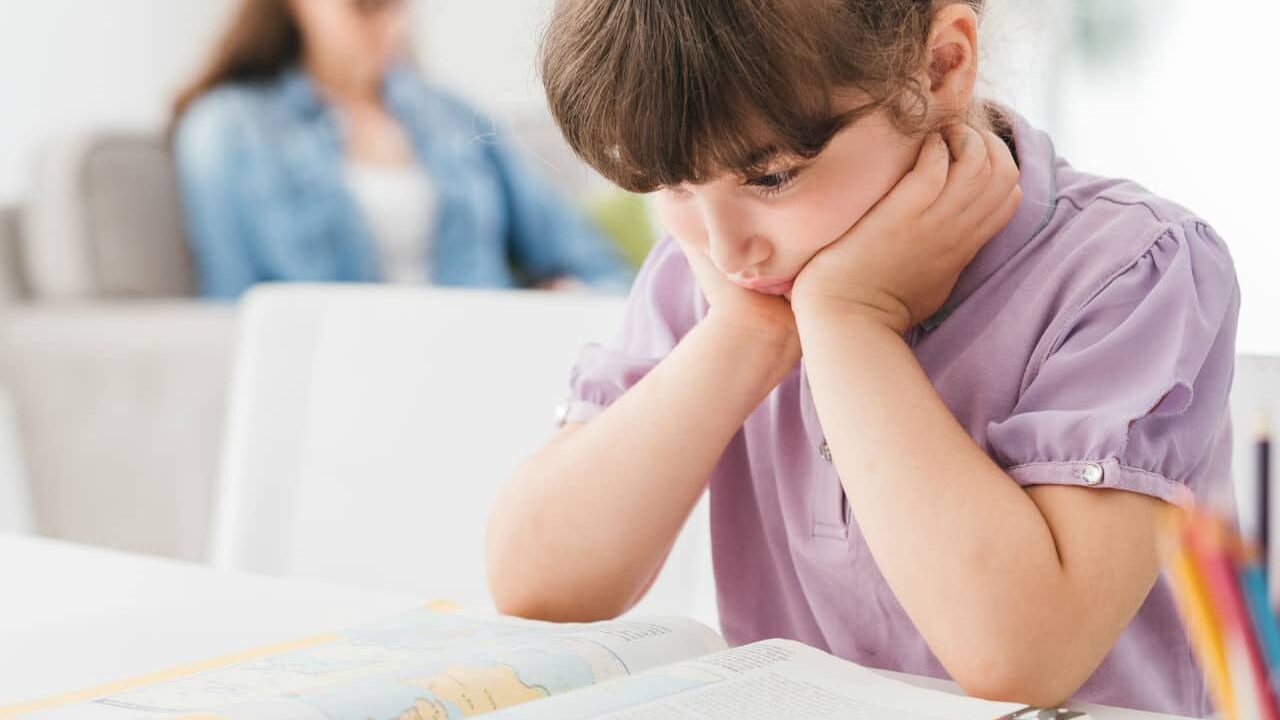The most challenging part of childhood stress would be to recognize it. In adults, it is easy to know whether a person is stressed because we know the signs, and adults can express or talk about it well. We know what kind of help we need or how to ask someone to help us if we are stressed. But that’s not the case for children. They can’t express or analyze if they are stressed. Instead, Children who are stressed or anxious frequently exhibit physical or behavioral changes.
Stress in children can be expressed in different forms depending on their age, nature, adaptation skills, and maturity level.
Children commonly lack the ability to express their stressful circumstances, making it difficult for them to understand their own issues.

Many other physical and behavioral signs may appear as a result of this. Parents may find it confusing when their children behave in ways that are brought on by stress, but it is important for every guardian to understand that these behavioral and emotional problems may be linked to feelings of stress.
Table of Contents
Symptoms of stress in children
- Angry phases
- Being moody
- They might avoid talking to friends or family
- They might avoid going out or playing
- Avoiding academics or work assigned to them
- Having difficulty paying attention
- Changes in habits
- Fearful reactions
How to handle childhood stress
Identify the emotion you think your child is experiencing if you notice something bothering them. By presenting them with options, you can help them identify the feeling that has been troubling them.
Asking them random questions about the issue you think might be troubling them and paying attention to them when they answer can help them be more comfortable talking to you.
Ask people around your child if they have observed any changes so that it can be easy to analyze what this stress is about.
Make sure your child is sleeping well. For both physical and emotional health, sleep is crucial. For children aged 6 to 12, nine to twelve hours of sleep per night is important depending on the number of physical activities they do.
Talk to them about random emotional situations that might happen and how to cope with them through your experiences. This emotional awareness can help them handle the situation instead of being under the pressure to talk it out.
Give them more time than usual. Play with them, help them with their activities and take them out when needed because children may avoid going out when they are stressed.
Give your child the chance to decide for themselves and have some power over their lives. The more in control your child feels over a situation, the better they will handle stress.
If you liked our article Try Evolve App to help you move on and focus on your growth. The app has journeys that will help you lead a healthy life. The Evolve app is now live globally on Android & Apple, click here to try it for free!
Evolve has a range of guided audios that help you proactively manage stress, reduce anxiety and make mindfulness light and joyful, so you can be balanced anytime!

Sharvari is a CSE undergrad and an author at Evolve. She is a dreamer. An explorer of life which she showcases in her writing. She writes to share, to learn and to be heard!